Are you someone who suffers from horrible anxiety and has anxiety attacks? Have you ever tried to deduce how to stop an anxiety attack?
An anxiety attack is scary. It makes it really difficult to make important decisions at a time when you think you need to make very important decisions. Sadly, anxiety is not something you can avoid completely, as it is just one of the things that happen when you are human.
Some experience it more often than others. Why is that? Let’s look at some important facts about an anxiety attack so you can learn how to deal with one. We are also going to explore how to live your life to minimize the chance of getting one.
What Happens During An Anxiety Attack?
When you are experiencing an anxiety attack, the symptoms are making you feel stressed. That stress is increasing the symptoms that are making you stressed. Which in turn will make you feel more stressed again.
It is a vicious circle that keeps you increasingly anxious. The fear that you are dying or in serious need of medical attention can make you do crazy things in order to survive. Getting out of this circle becomes increasingly difficult.
Read How to Stop Feeling Anxious, Depressed, and Emotionally Overwhelmed
How To Recognize An Anxiety Attack
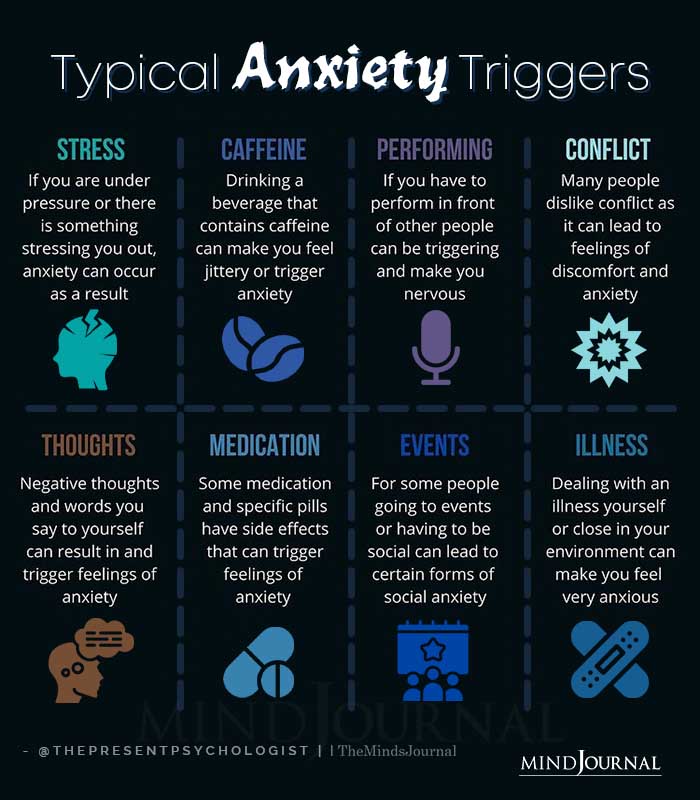
In order to learn how to stop an anxiety attack, you must first learn to recognize it. An anxiety attack combines the sudden rush of physical stress and being mentally overwhelmed with terror and worry. An anxiety attack can start because you are in a highly stressful situation because you are misinterpreting a signal from your body, or from generalized anxiety disorder (GAD).
- I get in a fight or flight mode
- I am afraid of losing control
- My heart is racing
- I am sweating a lot
- I have tunnel vision
- My face feels very hot
- I am dizzy or lightheaded
- My fingers are tingling
- I suddenly feel very hot or cold
- I am afraid to die
- My muscles are twitching
- I feel like I am not real
It is easy to mistake these symptoms as having something much more serious, like a heart attack. This worsens the anxiety and therefore keeps the vicious circle going.
What Is Generalized Anxiety Disorder?
People who suffer from Generalized Anxiety Disorder find it difficult to control their worry. They worry about things that seem perfectly fine to everyone else. Oftentimes, these people have had traumatic experiences that made them fearful.
A diagnosis is made when you are unable to control your worry on more days than you are able to control it, for more than six months. Symptoms are very similar to those of an anxiety attack.
Want to know more about how to stop an anxiety attack? Read Anxiety Symptoms: The Different Ways In Which Anxiety Manifests Itself
How To Stop An Anxiety Attack: 8 Techniques
Always remember that if you are having an anxiety attack get in a safe environment. You don’t want to be doing something that could be dangerous, like driving a car.
If you are driving a car, pull the car over, and get yourself calm again before driving further. Instead of having to battle with your thoughts for 20-30 mins, you can calm down with one of these exercises.
These techniques about how to stop an anxiety attack are recommended by professionals to help their clients who suffer from anxiety attacks.
1. Acceptance Exercises
This technique to deal with anxiety comes from mindfulness and it has worked for many people in very different situations. So let’s assume you are in the middle of an anxiety attack. Full Panic Mode. You are experiencing a high heart rate, dizziness, twitching muscles, or any other symptom.
Now, instead of trying to fix that symptom, accept that you are currently having that symptom. Stop your mind that is racing to all kinds of explanations and focus on the increased heart rate or the dizzy head.
“I am experiencing an increased heart rate…”
It is very common to try and fight against fear. But once you stop fighting and start accepting your situation, you will notice that your body will be able to calm down. It doesn’t need to fight anymore, so your heart stops beating so rapidly, you stop sweating and you can relax. And that’s how to stop an anxiety attack!
2. Breathing Exercises
During an anxiety attack, we forget to breathe correctly. We either do it too slowly or too fast. That’s why it’s important to take deep conscious breaths. Slowly breathe in deeply and breathe out again completely to calm yourself down. The negative and scary thoughts that come with an anxiety attack need to be replaced by positive ones.
Let go of the tension in your muscles and relax. You will find yourself slowly becoming tense again, it is normal, just release that tension again.
While breathing, think about something funny that happened in the past or bring your attention to the present. You can try square breathing. Breathe in for 4 seconds, hold for 4 seconds, breathe out for 4 seconds, hold for 4 seconds. Repeat. This is one of the powerful methods to stop an anxiety attack!
3. Migration Exercises
This one is a simple trick to deal with anxiety, move from one place to another. You need space, you need to be able to breathe. Every wall is too close and claustrophobia is kicking in. Going from one place to the next will help you calm down. Look at the things in the distance, people are doing their day-to-day activities.
You are freaking out…But it is all in your head. Keep walking, you are in survival mode and you are fighting against the anxiety. Your heart is pounding and you need to release the energy that has been released by the adrenaline in your system. After a while, you will calm down naturally. Focus on your breath, breathe in for 10 steps, breathe out for 10 steps. Repeat.
4. Distraction Exercises
This is ideal when you are at home, but will not always work when you are in public. Find something that distracts you. At home, this can be an interesting video on the internet about whatever catches your attention. It can also be a movie, a beautiful song, or a tv-show. By distracting your thoughts, you are essentially stepping out of the vicious circle and you will slowly calm down and stop an anxiety attack.
This exercise is harder to do in public, however, most people can find the same distractions on their smartphones. The problem with distraction is that most people are so saturated with attention-grabbing advertisements and entertainment, that few things are effective in grabbing your attention anymore.
Another distraction that works great is eating something. Focus on the taste and count the number of times you are chewing before you swallow.
Want to know more about how you can stop an anxiety attack? Read When Your Anxiety Is Getting The Best Of You, Read This

5. Counting Exercises
Distracting yourself long enough is challenging when you are thinking about how to stop an anxiety attack. But a counting exercise is so basic, you’ve done it since you were a child. Counting to 100 over and over again can help you redirect the focus. Beware that you need to count slowly.
1… 2… 3… Take your time, do it in a calm manner and you will trick yourself into becoming calm.
6. Mental Exercises
These exercises are helpful if you haven’t had a lot of anxiety attacks or if you feel like you want to take anxiety on head first. Anxiety attacks are mostly present in the mind. It is trying to protect you. Your brain is reacting to your increased heart rate, sweaty palms, or whatever symptom is making you anxious. It is misinterpreting it as dangerous.
But these symptoms don’t mean that you are actually in danger and in need of this anxiety. Becoming calm will stop the symptoms, but how do you become calm?
“It is only a symptom, it shall pass”
You need to realize that these symptoms are present because you are overthinking your symptoms. It will pass. Understanding that it is only temporary will help you become calm again. Get back to reality and understand that you are not going to die, you are not having a heart attack and you are only experiencing these symptoms because of your thoughts. You are in a vicious circle of anxiety. Step out of it.
Become aware of how you feel and take a deep breath. Close your eyes for a couple of seconds and tell yourself to stop! It is not real.
7. Talking Exercises
Talk to yourself. There are a million thoughts running through your head and you need to focus on one of them. Your racing thoughts are connecting dots that don’t need to be connected. You are overthinking.
By talking to yourself, you will find it easier to understand why you are having an anxiety attack and how you can calm down again. Tell yourself how are you feeling and why you were triggered. This will help you stop an anxiety attack.
8. Grounding Exercises
A lot of people swear that this helps, I think it is hard to remember in the moment of a panic attack. But if this helps only one person, it is still worth it to write this for that person.
The 54321 exercise is a grounding exercise designed to distract your thoughts and stop an anxiety attack. You need to name:
- 5 things that you can see
- 4 things that you can feel
- 3 things that you can hear
- 2 things that you can smell
- 1 positive thing in your life
11 Tips To Prevent An Anxiety Attack
1. Drink Less Coffee
Coffee increases your heart rate and makes you more alert. Amazing stuff. But drinking too much of it will make you twitchy, jumpy, and agitated. Your increased or irregular heart rate can easily be misinterpreted as something else, like a heart attack.
Since coffee puts you on edge, you are an easy target to step into the vicious circle of an anxiety attack. Not only coffee, but other sources of caffeine can trigger this. So if you drink a lot of tea, try drinking herbal teas – instead of black, green, or white teas – to prevent an anxiety attack.
2. Stop Lying
This applies to a select number of people, who lie in order to make their lives easier but actually give themselves more hardship. Remembering all the lies is stressful enough because any conversation that involves the subject of a lie becomes a minefield. And some people even encounter a situation where multiple people, who have been told different lies, enter the same conversation.
There are some rare occasions where telling the truth will only cause harm. You wouldn’t tell the parents of an ugly baby that their baby is ugly. But in most situations it is better to just tell the truth and deal with the consequences, it will make your life easier in the long run. Stop lying where it is not required if you want to prevent an anxiety attack.
3. Go Outside
Sometimes you need to feel the wind on your face, the sun in your hair, or the other way around! Other times, getting your socks wet in the rain and drying in a warm house is just what you need. We can create great little homes that have everything that we need, but sometimes we need to get away from that home.
The open spaces that you can only find outside help people deal with anxiety problems. Especially if you have a tendency towards claustrophobia.
Read 5 Ways Mandalas Can Help Reduce Stress and Anxiety
4. Stop Reading Negative News
We are loss-aversive, which means that we don’t want to lose the things we have. That’s why fear is such a powerful motivator in marketing.
“Flash sale! Today only!”
You don’t want to miss out. Fear is so very powerful. The news is often negative, simply because it sells better. Therefore, fear is everywhere in the news media. Violence, abuse, and misfortune grab our attention more than hearing how everything is okay. If everything was okay, you wouldn’t need to know about it. It’s okay.
If you understand that the news is keeping you scared so they can sell more advertisements, you can stop consuming it so much to prevent an anxiety attack. The world is going to live another day. So will you.
5. Do Something Daily That Relaxes You
It is no secret that relaxation is awesome. Not the kind of relaxation that is mind-numbing, that isn’t relaxation, that is shutting off. Actively relaxing can recharge you to deal with the stresses that come with life. Meditation, walking, reading, painting, or yoga are active forms of relaxation. You have to think about what you are going to do next. Your imagination is activated.
Watching television is passive. I’m not the type of person that pretends to only do yoga and meditate. I’m a big movie buff! But by watching movies to relax, you don’t give your mind the opportunity to wander. And that’s the kind of relaxation that prepares you to deal with stressful situations. Here are some hobbies that can help you relax and prevent anxiety attacks better than watching tv.
- Meditation
- Photography
- Walking
- Reading
- Crafting
- Yoga
- Painting
- Gardening
- Cooking
- Playing an instrument
6. Stop Procrastinating
One of the most important tips on how to stop an anxiety attack. Some people become anxious because a deadline is approaching and there isn’t enough time to do the task anymore. Let’s not kid ourselves… We’ve all procrastinated too much in our lives. Often there is more than one task that has been put off. We keep postponing what needs to be done and the tasks become a massive hurdle.
What was once a simple phone, becomes the most dreadful conversation because you need to explain why it took you so long to make the call. Ripping off the bandaid is the cure here. Feel the pain and learn from it. Don’t let your simple steps become hurdles again and take them sooner.
The trick to preventing procrastination is to break tasks down to simpler ones. Doing the laundry can be broken down into collecting the dirty clothes, placing them in the washing machine, turning it on, getting the clothes out, and hanging them to dry. You will see that, oftentimes, you will do multiple of these steps after the other. And the first step is always the hardest, so make that one so easy you can’t NOT do it!
Read 5 Things You Can Do To Overcome Depression And Anxiety Naturally
7. Drink Less Alcoholic Drinks
Alcohol messes with your bodily functions. In essence, alcohol is toxic and a bad option to stop an anxiety attack. The liver can process alcohol to some amount, but everything over that amount will enter the bloodstream and that makes you feel drunk. Alcohol lowers your inhibitions making you more social and feel euphoric. But it also has many negative effects on the body. Some of them are:
- Dehydration of the body
- A decrease of liver functioning, toxins are processed worse
- Hypoglycemia, too little sugar in the blood
- Low functioning central nervous system
- Delayed reaction time
- It is addicting, with severe withdrawal effects.
- Fatigue
- Vision problems
- Erectile disfunction
- Confusion
- Decreased inhibitions
- Short-term memory problems
- And many more…
Some people use alcohol to deal with anxiety, but you can imagine that while alcohol relaxes the body, the other side effects only make you more anxious.
8. Maintain A Good Sleep Schedule
Going to bed at the same time each day isn’t only for children. There are a lot of people who toss and turn for at least an hour before they fall asleep. This is a classic symptom of a bad sleep schedule. Your body doesn’t know you want to go asleep, no matter how tired you are.
A consistent sleep schedule will help you prevent anxiety attacks by removing uncertainty. Regularity will give your body the opportunity to prepare and increase the amount of work it can do while you sleep. You will wake up feeling more relaxed, more energetic, and with less anxiety throughout the day.
9. Keep A Daily Journal
Journaling has amazing benefits. You will remember daily events better, you can rediscover emotions and often give them a place. Furthermore, you are not being judged, you can draw, write, or doodle whatever you want. Therefore it is easy to put your thoughts on paper. That is one of the best tips about how to stop an anxiety attack.
It is like talking to a friend who is only listening to you. And sometimes, you even get the best advice you need, just by exploring your thoughts. You need to be completely honest though. Take your time. It is especially great to write down your most stressful moments in order to find out why they gave you so much stress.
Here are some questions that you can answer to deal with anxiety:
- What made you happy today?
- What made you stressed today?
- Who do you need to contact?
- When was the last time you did something for yourself?
- What is the priority in your life? –you can only have one priority
- What can you do differently tomorrow?
- Who inspires you?
- What do you regret?
- How can you change your life for the better?
- What are your strengths?
10. Keep A Gratitude Journal
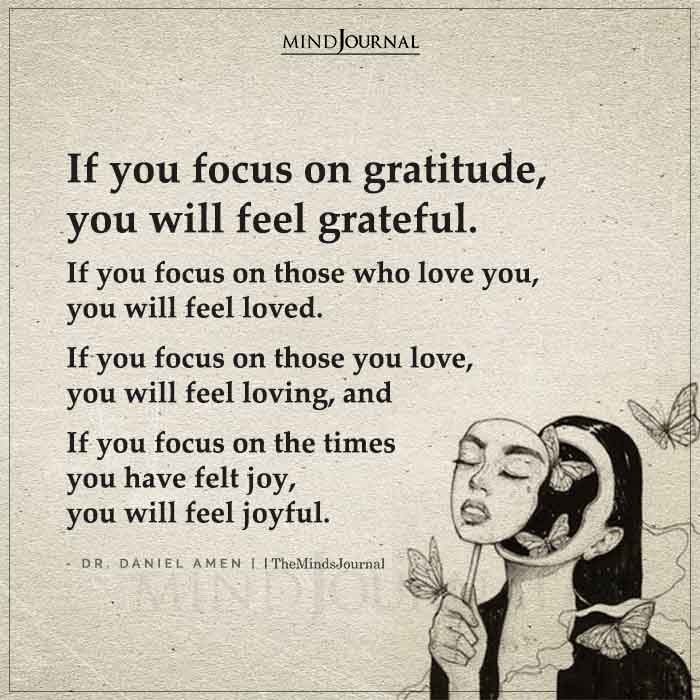
Since you are journaling anyway, write down three things that you are grateful for every day. A gratitude journal has been shown to help increase happiness and reduce stress. These three things can be anything, ranging from the simplest and mundane things. “I am grateful that I have clean socks to wear today”. It sounds ridiculous, but I truly am happy that I don’t have to wear dirty socks!
By reminding yourself of the things that you normally take for granted, you will experience greater happiness in your life. So, keep a gratitude journal to stop an anxiety attack.
11. Counseling
I strongly believe that you can learn whatever you want, by yourself. especially since the age of information, where everything can be found on the internet. You can teach yourself to play the guitar, learn a language, and even how to stop an anxiety attack or cope with it.
But whatever you are trying to learn, mastery can happen a lot faster if you are coached. Learning the guitar is a lot easier if your coach pushes you to perform a song by next week. Coaching helps you to identify your triggers sooner and gives you strong techniques to deal with them, specified for your situations.
Dealing with anxiety and stopping an anxiety attack might seem daunting, but you shouldn’t give up. Never let your anxiety control your life; live life on your own terms.
If you enjoyed reading about how to stop an anxiety attack, drop a comment below.
Frequently Asked Questions
Can you have an anxiety attack in your sleep?
Yes, you can have an anxiety attack in your sleep. They usually last for a few minutes and it will take a while for you to calm down and go back to sleep.
Can exercise help with anxiety and panic attacks?
Yes. Exercise and physical activity can indeed help alleviate many symptoms of panic and anxiety attacks, and in some cases can even reduce the frequency of the attacks.
Can natural herbs help with anxiety and panic attacks?
Yes. Herbs like chamomile, lavender, and lemon balm can help reduce the symptoms of panic and anxiety attacks and help you calm down faster. Chamomile tea is especially useful for treating anxiety and its symptoms.
How to recover from an anxiety attack?
Some of the best ways to recover from an anxiety attack is therapy with qualified professionals, ample rest, and deep breathing techniques.
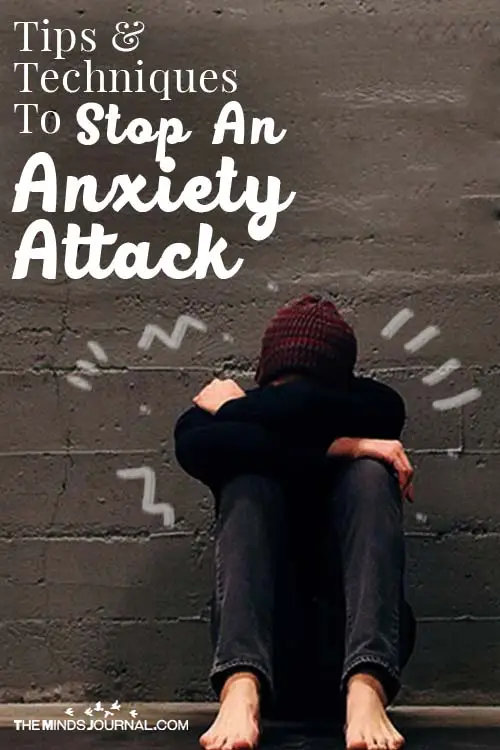
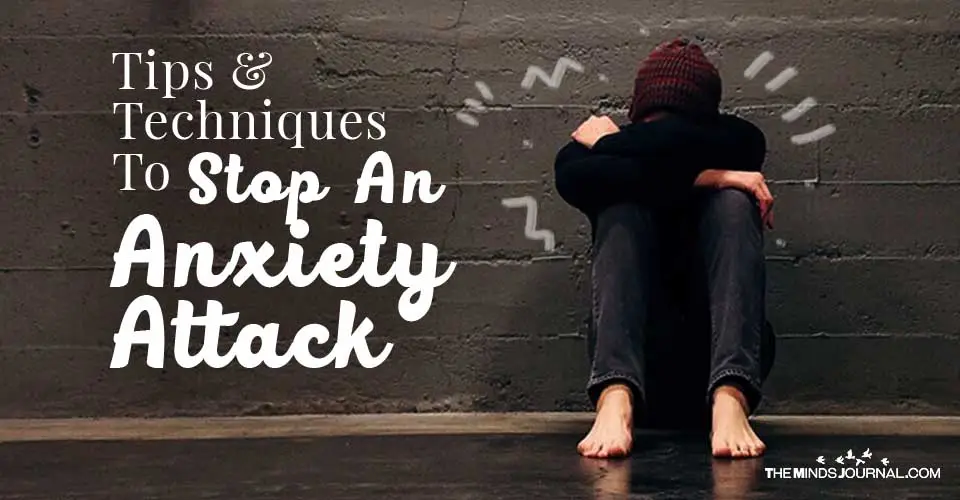
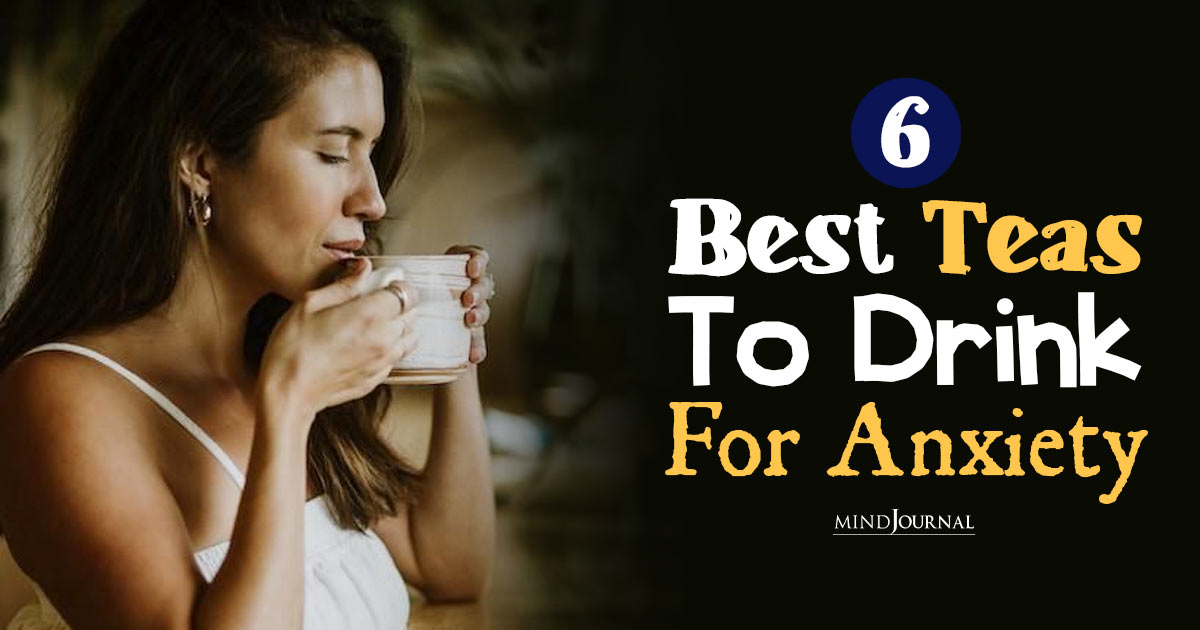
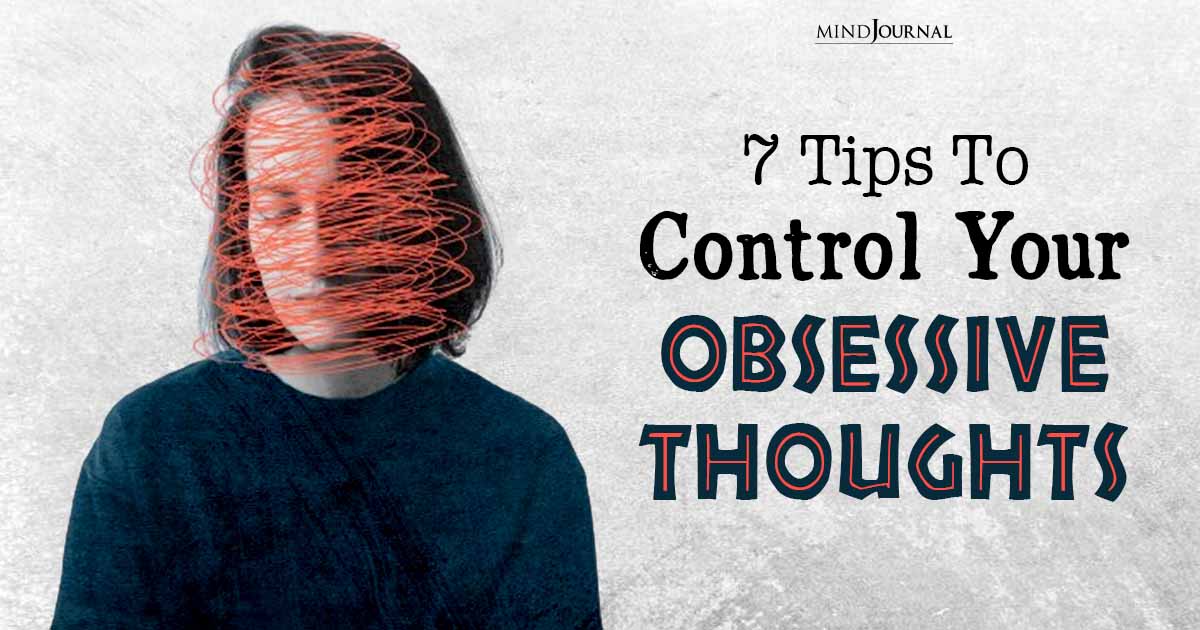
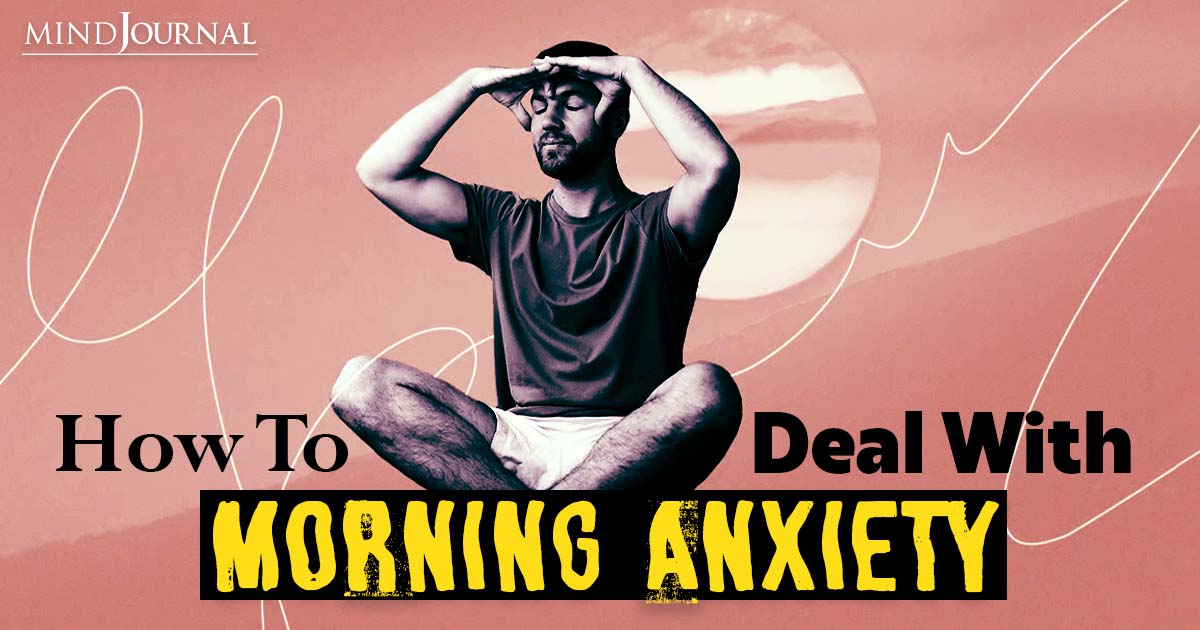
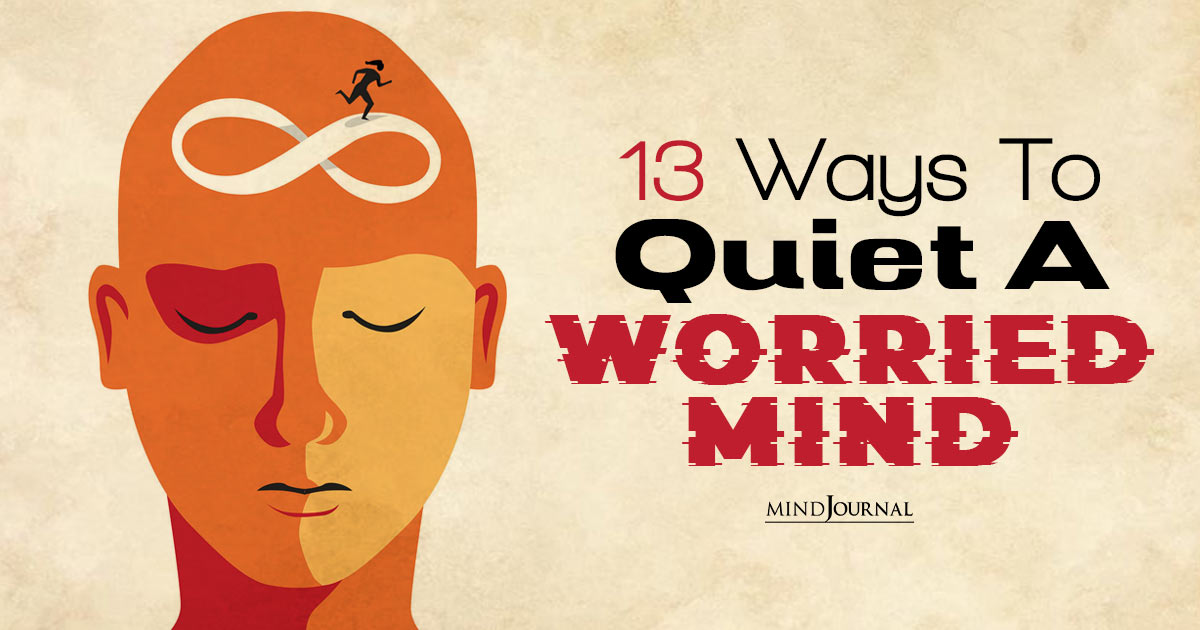
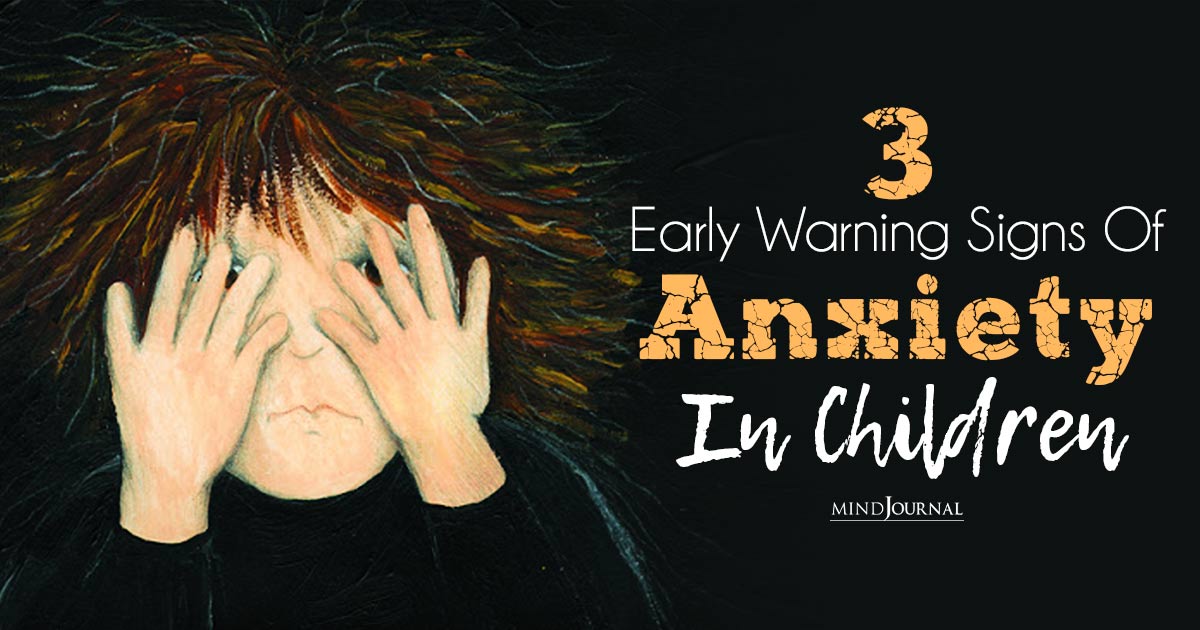
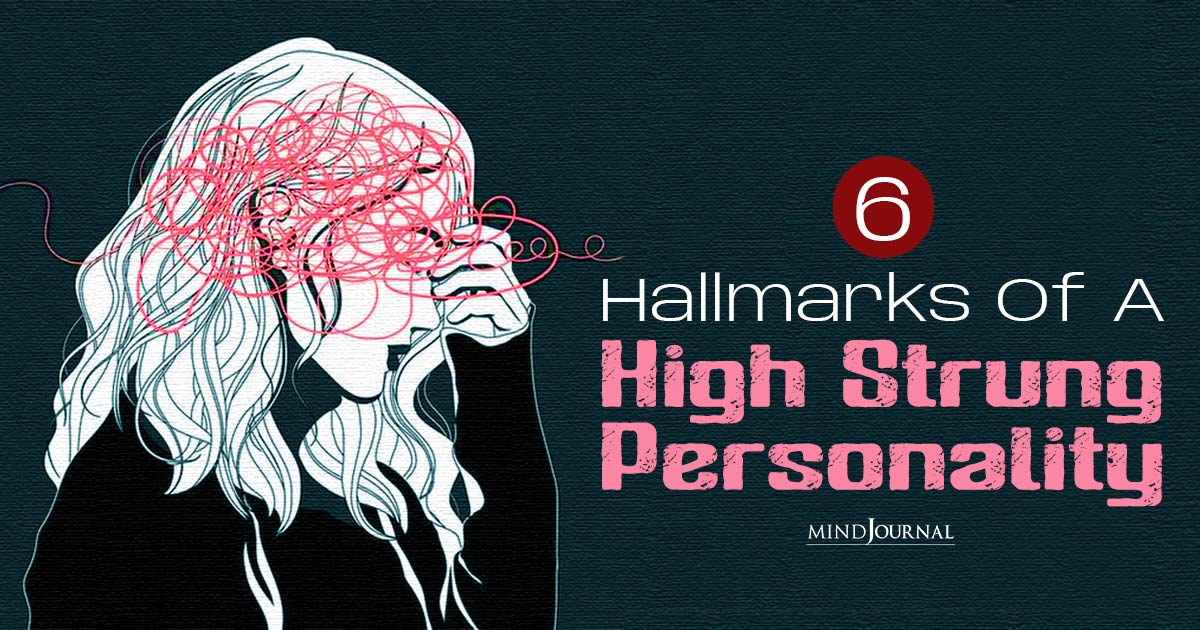
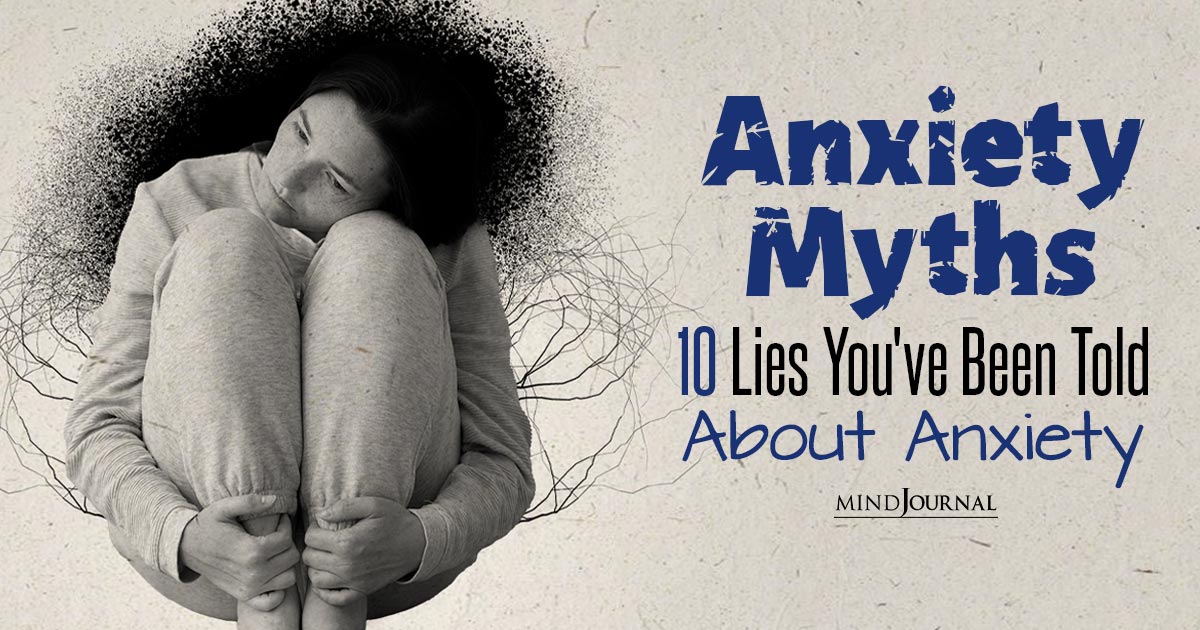
Leave a Reply
You must be logged in to post a comment.